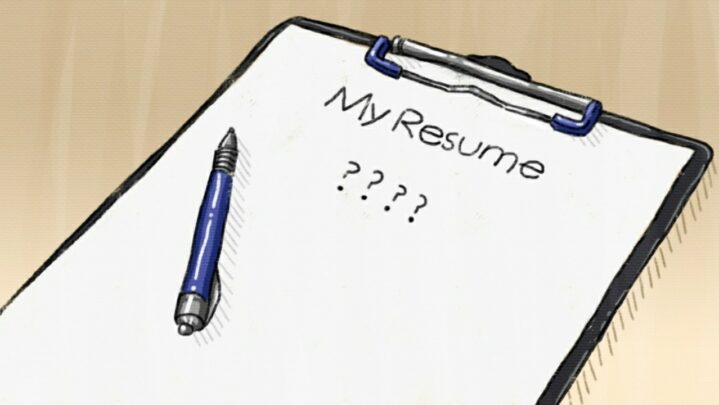Here are tips to help you write a good resume & cover letter
1. Writing a proper introduction:
The most important thing to keep in mind when writing a CV is that it is a representation of yourself as a person. That is to say, your introduction is the first thing that employers will notice while deciding whether or not to hire you. The introduction should include a summary of all pertinent information relevant to the firm and your choice.
As a result, before you begin writing, you should assess the company’s specific needs. Try to compose a succinct introduction that covers all of the parts of your accomplishments and experience that you want to communicate with the organisation without being overly boastful.
2. Writing about previous employment:
When writing about former jobs, provide information on aspects that will help you get the job you want. If you have worked in HR and believe you are qualified for the position, citing your previous employment history will undoubtedly tip the scales in your favour. However, do not write about your prior job any more than is necessary, as reading too much about your former work may humiliate the employer. Simply provide a fragment of material as a reference if you feel it’s appropriate, but don’t go overboard.
3. Talk about your interests:
When it comes to your interests, you must ensure that every piece of information on your CV is well-balanced. Even if you express a desire to work in a specific sector or position, don’t rule out the possibility of moving outside of your comfort zone. It may not always be possible to be hired in the position of your choice, but that does not mean you should pass up an opportunity to broaden your horizons and learn something new.
4. Don’t use references unless they’re necessary:
Applicants frequently make the error of mentioning references. While this can sometimes work in your favour, it also lowers your credibility as a productive and potential employee. Employers may consider you less significant than others because they believe you would rather rely on references and letters of recommendation than battle tooth and nail like everyone else for the job. Plus, no one loves someone who has an unfair advantage.
5. Highlighting your strengths:
Tailoring your CV is a lot like getting ready for a performance. To put it another way, you’re selling your skills and qualities for money. Big businesses hire the best individuals for the task and pay them in exchange for their services. It’s as simple as that to demonstrate your abilities while remaining relevant to the company’s needs. However, keep in mind not to overstep your bounds while presenting yourself as a valued asset to the firm. Write as much as you believe will assist you to make a positive impression on your boss.
Also Read: Confused Between What To Watch This Weekend? Check Out The List Here





